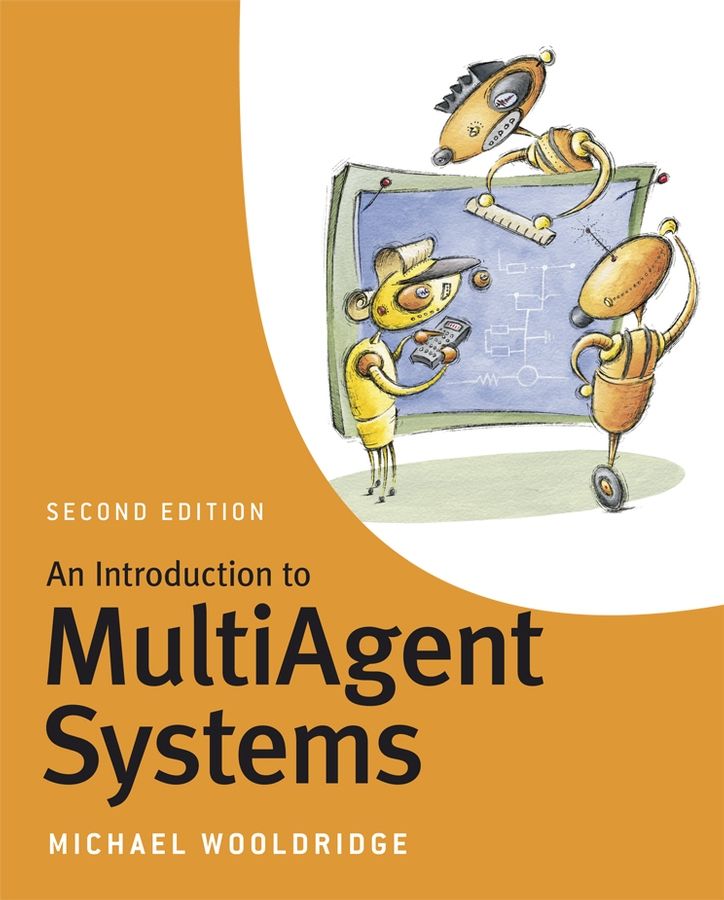The study of multi-agent systems (MAS) focuses on systems in which many intelligent agents interact with each other. These agents are considered to be autonomous entities such as software programs or robots. Their interactions can either be cooperative (for example as in an ant colony) or selfish (as in a free market economy). This book assumes only basic knowledge of algorithms and discrete maths, both of which are taught as standard in the first or second year of computer science degree programmes. A basic knowledge of artificial intelligence would useful to help understand some of the issues, but is not essential. <p>The book’s main aims are:</p> <ul type=”disc”> <li>To introduce the student to the concept of agents and multi-agent systems, and the main applications for which they are appropriate</li> <li>To introduce the main issues surrounding the design of intelligent agents</li> <li>To introduce the main issues surrounding the design of a multi-agent society</li> <li>To introduce a number of typical applications for agent technology</li> </ul> <p>After reading the book the student should understand:</p> <ul type=”disc”> <li>The notion of an agent, how agents are distinct from other software paradigms (e.g. objects) and the characteristics of applications that lend themselves to agent-oriented software</li> <li>The key issues associated with constructing agents capable of intelligent autonomous action and the main approaches taken to developing such agents</li> <li>The key issues in designing societies of agents that can effectively cooperate in order to solve problems, including an understanding of the key types of multi-agent interactions possible in such systems</li> <li>The main application areas of agent-based systems</li> </ul>
Information technology: general topics
An Introduction to MultiAgent Systems
₹3,884.00
This book is currently not in stock. You are pre-ordering this book.

